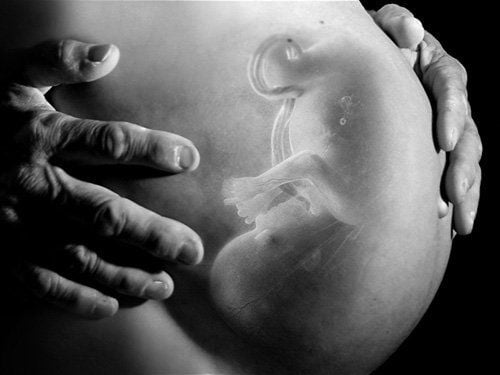This is an automatically translated article.
Video content is professionally consulted by Assoc. Prof, Dr., Doctor II Chu Hoang Van, Department of Medical Examination, Vinmec Times City International HospitalFor a long time, coffee has become a favorite drink of many people, for office workers or drivers, those who work hard, coffee is a drink that can help bring the necessary concentration when working. . However, besides the undeniable benefits, coffee is classified in the group of drinks that have a lot of influence on reproductive health that few people expect.
Coffee contains stimulant ingredients that help the drinker's spirit stay alert, refreshed and focused. However, consuming too much coffee can lead to a variety of problems related to reproductive function, even infertility. Some studies by the UK food control agencies have shown that if you consume more than 300mg of caffeine per day, your chances of conceiving will decrease by 50%. Therefore, there are recommendations for users about possible effects on fertility. Men who use coffee a lot will increase the rate of infertility, seriously affecting sperm quality. In particular, the caffeine component in coffee can pass through the placenta and directly affect the fetus. When women drink too much coffee during pregnancy, it increases the risk of miscarriage, premature birth, abnormal fetal heart rate and growth retardation.
In case the couple wants to conceive but has a habit of drinking a lot of coffee, it will prevent the ovulation process into the uterus, affecting the conception process.
Mothers who are breastfeeding should limit drinking coffee because it will make it difficult for babies to sleep.
Overuse of coffee will not be good for health in general and reproductive health in particular. Therefore, use it only in moderation and when needed.
Please dial HOTLINE for more information or register for an appointment HERE. Download MyVinmec app to make appointments faster and to manage your bookings easily.













